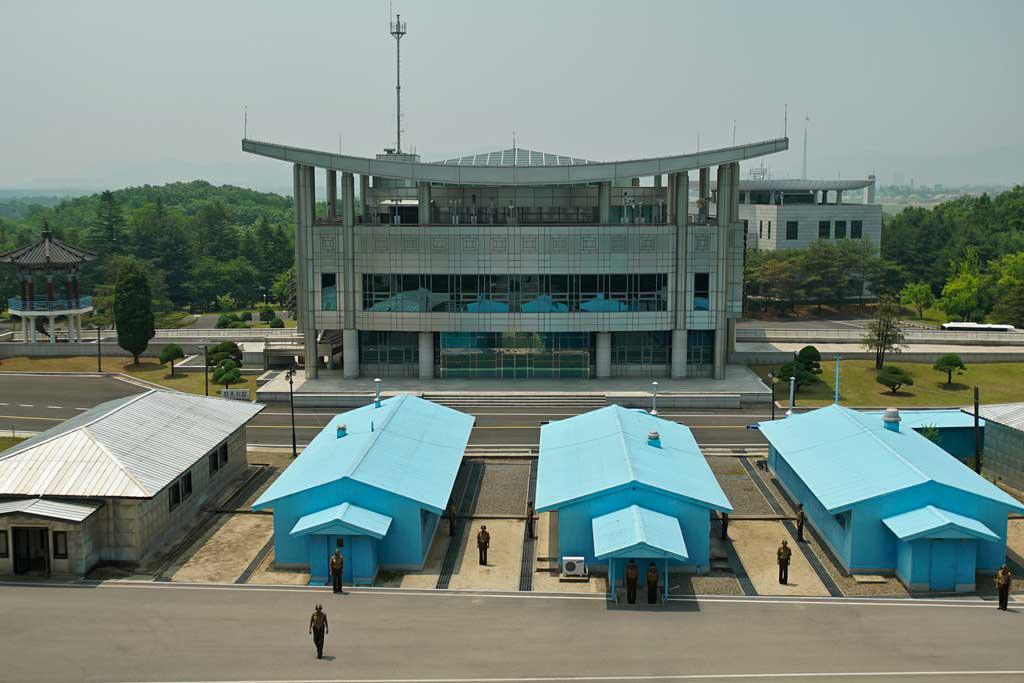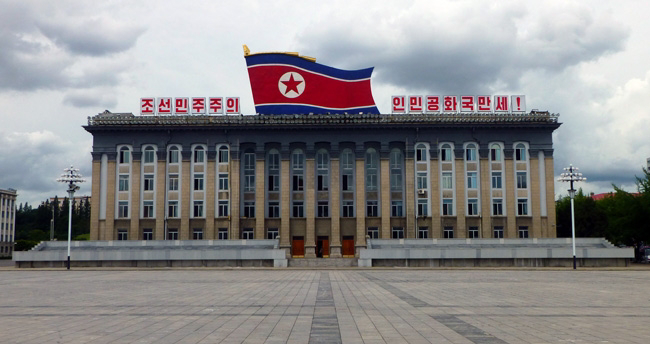North Korea: Life Inside the Secret State
The Democratic People’s Republic of Korea (DPRK), commonly known as North Korea, is one of the most secretive and isolated nations in the world. Governed by a totalitarian regime under the Kim dynasty, the country operates under strict ideological controls, limited freedoms, and a pervasive surveillance state. This article delves into the complex structure of North Korean life, covering its laws, culture, traditions, economic structure, and the various positive and negative impacts of its isolated governance.
---
Political Structure and Governance
North Korea is a single-party state ruled by the Workers' Party of Korea (WPK), with the Kim family at its helm since the country’s formation in 1948. The current leader, Kim Jong-un, holds absolute power and is revered as the Supreme Leader.
Juche Ideology: The cornerstone of North Korean politics is Juche, a self-reliance philosophy developed by Kim Il-sung, the founding leader. It emphasizes national independence, economic self-sufficiency, and military strength.
Songun Policy: This "military-first" policy prioritizes military development over other sectors, ensuring the army's influence in politics and economics.
Surveillance State: The government uses intense surveillance through neighborhood informants, hidden cameras, and security forces to monitor citizens’ behavior and loyalty.
---
Laws and Regulations
North Korea enforces some of the strictest laws in the world. The legal system is based not on due process but on ideological loyalty.
Restricted Movement: Citizens cannot travel abroad without state approval. Internal travel also requires permits.
Media Censorship: All media is state-controlled. Foreign films, books, or internet access are strictly banned unless approved.
Criminal Code: Offenses against the state—such as criticizing the leadership or accessing foreign content—can result in imprisonment, forced labor, or even execution.
Three Generations Punishment: If one person is guilty of a political crime, three generations of their family may be punished.
---
Culture and Tradition
North Korean culture is a blend of traditional Korean customs and modern revolutionary influences, tightly controlled by the regime.
State-Sanctioned Art: Literature, music, and films focus on revolutionary themes, glorifying the Kim family and the state's ideology.
National Holidays: Key celebrations include the birthdays of Kim Il-sung (April 15) and Kim Jong-il (February 16), known as the Day of the Sun and Day of the Shining Star respectively.
Clothing and Behavior: Conservative dress codes are enforced. Western styles, including jeans and dyed hair, are banned in many areas.
Traditional Practices: While traditional Korean food, dance, and Confucian customs exist, they are often overshadowed by revolutionary narratives.
---
The Economy of North Korea
North Korea’s economy is centrally planned and state-run, with limited market activity.
Core Economic Characteristics:
Agriculture: Predominantly collective farming with limited private plots. Chronic food shortages are common due to poor weather, lack of fertilizers, and inefficiencies.
Industry: Focused heavily on military production, mining, and heavy industry. Civilian manufacturing is limited.
Trade: North Korea has limited international trade, primarily with China. Sanctions severely restrict its economic partnerships.
Black Markets: Known locally as jangmadang, these markets have grown in importance, offering goods like food, clothing, and electronics smuggled from China and South Korea.
---
Daily Life and Social Norms
Housing and Work:
Citizens are assigned jobs and housing by the government.
Workers belong to units that report on each other’s activities and maintain loyalty to the state.
Food and Nutrition:
The Public Distribution System (PDS) provides food rations, though they are often insufficient.
Malnutrition is common, especially among children.
Education:
Schooling is mandatory and heavily ideological, teaching loyalty to the Kim family from an early age.
Universities are available to those from politically favorable backgrounds.
Health Care:
The state claims universal free healthcare, but medical resources are often scarce.
Access to advanced care is limited and often based on political status.
---
Positive Impacts of the System (From a Domestic Perspective)
Despite its many challenges, the regime promotes several aspects as achievements:
National Unity: The ideology fosters a strong sense of unity and purpose under centralized leadership.
Military Strength: North Korea has developed significant military capabilities, including nuclear weapons, which the regime sees as a deterrent and a source of national pride.
Self-Sufficiency Rhetoric: The government emphasizes independence from foreign powers, appealing to nationalism.
---
Negative Impacts and Global Concerns
The global community, however, views the following as major concerns:
Human Rights Violations:
Arbitrary detentions, torture, executions, and labor camps are widespread.
Freedom of expression, religion, and movement are virtually non-existent.
Humanitarian Crises:
Periodic famines, lack of medical supplies, and widespread poverty affect millions.
Children suffer from stunted growth and diseases due to chronic undernutrition.
Global Tensions:
North Korea’s nuclear ambitions threaten regional stability and global security.
The regime’s provocative missile tests draw condemnation and lead to international sanctions.
---
The Role of the International Community
Sanctions by the United Nations, United States, and European Union have been imposed in response to nuclear tests, human rights abuses, and illegal trade. Humanitarian organizations operate under strict oversight, often unable to access those most in need.
---
Conclusion
Life in North Korea remains enigmatic and heavily influenced by state control. While the regime presents itself as a guardian of independence and order, the reality for most citizens is one of hardship, repression, and limited freedom. The contrast between state propaganda and daily life highlights the complexity of the North Korean experience. As global diplomacy continues, the world watches closely—hoping for a future where the people of North Korea can experience greater freedom, prosperity, and human dignity.








Comments
Post a Comment